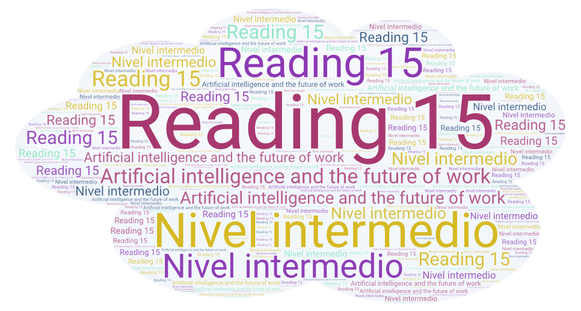Descripción: Descubre cómo la inteligencia artificial está transformando el futuro del trabajo en nuestro artículo. ¡Luego, pon a prueba tus conocimientos con nuestro cuestionario sobre el tema!

Artificial Intelligence and the Future of Work
Artificial Intelligence (AI) has become a significant player in the ongoing transformation of the labor market. In recent years, AI has been employed in various industries, and its impact on the workforce has raised questions about the future of work.
One of the key ways AI is changing work is through automation. Many routine and repetitive tasks can now be handled by machines, allowing employees to focus on more creative and strategic aspects of their jobs. This can lead to increased efficiency and productivity in workplaces.
Additionally, AI is being used to augment human capabilities. For example, in healthcare, AI-powered diagnostic tools assist doctors in making more accurate diagnoses. In customer service, chatbots provide quick responses to inquiries, freeing up human agents for more complex interactions.
However, there are concerns about job displacement. As AI systems become more advanced, some jobs may become obsolete. This raises questions about how societies will adapt to these changes and how workers can transition to new roles.
Furthermore, the demand for AI-related skills is growing. To stay competitive in the job market, individuals will need to acquire AI-related skills, such as data analysis and programming. Lifelong learning will become essential to keep up with the evolving job landscape.
The impact of AI on employment also varies by industry. While some sectors will see significant job changes, others may experience minimal disruption. For example, jobs that require creativity, emotional intelligence, and complex problem-solving are less likely to be automated fully.
In summary, AI is reshaping the future of work in various ways, from automating routine tasks to augmenting human capabilities. While it offers opportunities for increased efficiency, it also presents challenges related to job displacement and the need for new skills.
